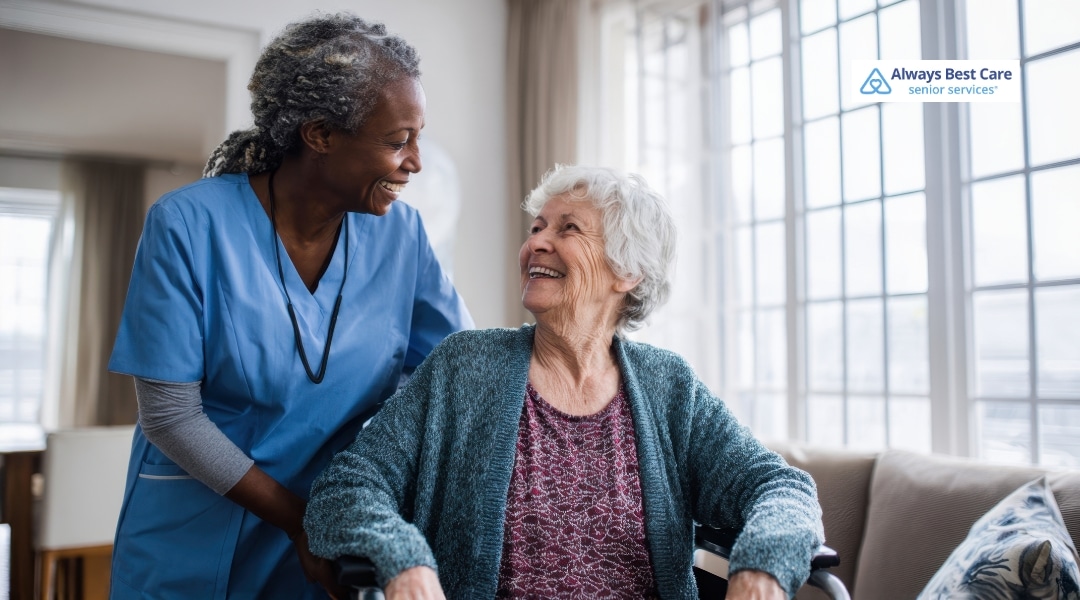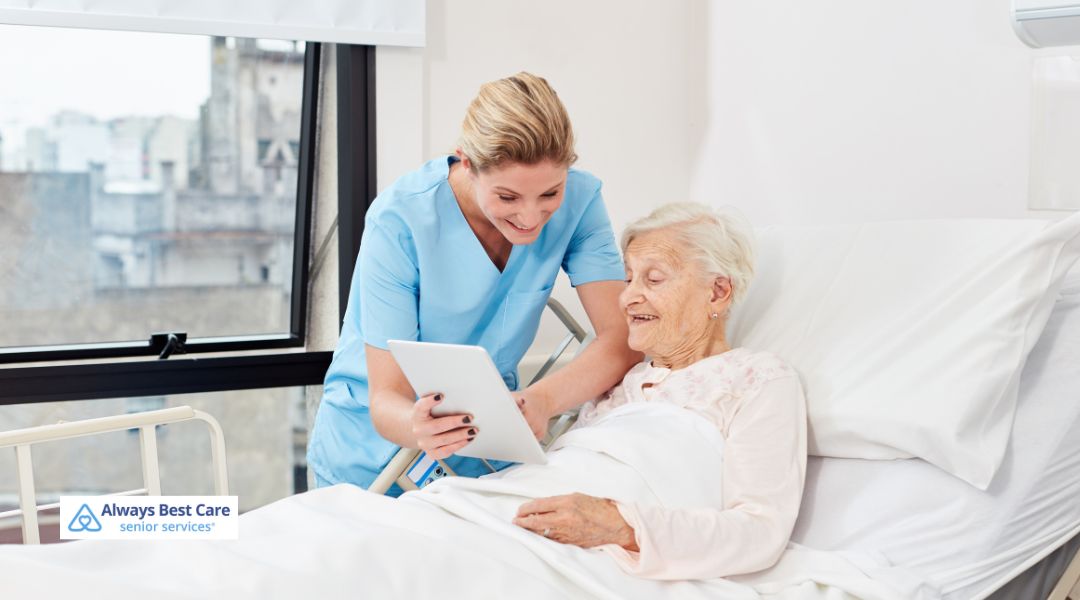Supporting Your Senior Loved One’s Recovery Journey at Home in Shalimar

Helping a senior loved one recover at home after a hospital stay requires patience, planning, and the right support system. The transition can be challenging, but with proper care, a safe environment, and a focus on physical and emotional well-being, seniors can regain their strength and independence.
In Shalimar, families have access to valuable resources, like our in-home care, that can make the recovery process smoother and less stressful. Whether it’s assistance with mobility, medication reminders, meal preparation, or companionship, ensuring a loved one’s comfort and safety is essential.
Table of Contents
Preparing for a Safe and Stress-Free Transition
Bringing a senior loved one home after hospitalization requires thoughtful preparation to create a smooth and stress-free transition. The key to a successful recovery at home is ensuring that all medical instructions are clearly understood and the necessary support systems are in place before discharge. Coordinating with healthcare providers to review care instructions, medication schedules, and any required follow-up appointments can help prevent confusion and unexpected complications.
Arranging transportation in advance and having essential supplies, such as mobility aids or medical equipment, ready at home ensures a seamless return. Emotional preparation is just as necessary as physical arrangements, as seniors may feel uncertain or anxious about adjusting to life at home again. Offering reassurance, providing a structured routine, and addressing concerns about their recovery can help them feel more confident and supported during this transition.

Setting Up a Comfortable and Accessible Living Space
Creating a home environment that prioritizes safety, accessibility, and comfort is essential for a successful recovery. Simple modifications can make a significant difference in preventing falls and easing mobility challenges. Removing clutter, securing rugs, and ensuring walkways are clear can help reduce the risk of accidents. Installing grab bars in bathrooms, using non-slip mats, and ensuring adequate lighting in all rooms, especially at night, can further enhance safety.
A well-organized space with frequently used items placed within easy reach can promote independence while minimizing strain. If a loved one has limited mobility, setting up a recovery space on the main floor with a comfortable chair or bed, nearby access to a bathroom, and a table for medications, water, and other essentials can improve convenience. Creating a calming and inviting atmosphere with familiar belongings, soft lighting, and a peaceful setting can also contribute to a more positive and relaxed healing process.
Adjusting Daily Routines for a Smoother Recovery
Establishing a structured daily routine helps seniors feel more comfortable and supported as they regain their strength. A consistent schedule for meals, medications, rest, and gentle movement can promote better recovery outcomes while reducing stress. Ensuring that they have adequate time to rest while also incorporating light physical activity, as recommended by a doctor, can aid in improving mobility and overall well-being.
Keeping a routine that aligns with their previous lifestyle as much as possible can provide a sense of normalcy and familiarity, making the transition back home feel less overwhelming. Encouraging social engagement, whether through conversations with family members, video calls with friends, or the companionship of a caregiver, can boost emotional health and prevent feelings of isolation. Regular check-ins are needed to assess their progress and adjust routines based on their evolving needs to ensure they receive the right level of support throughout the recovery process.
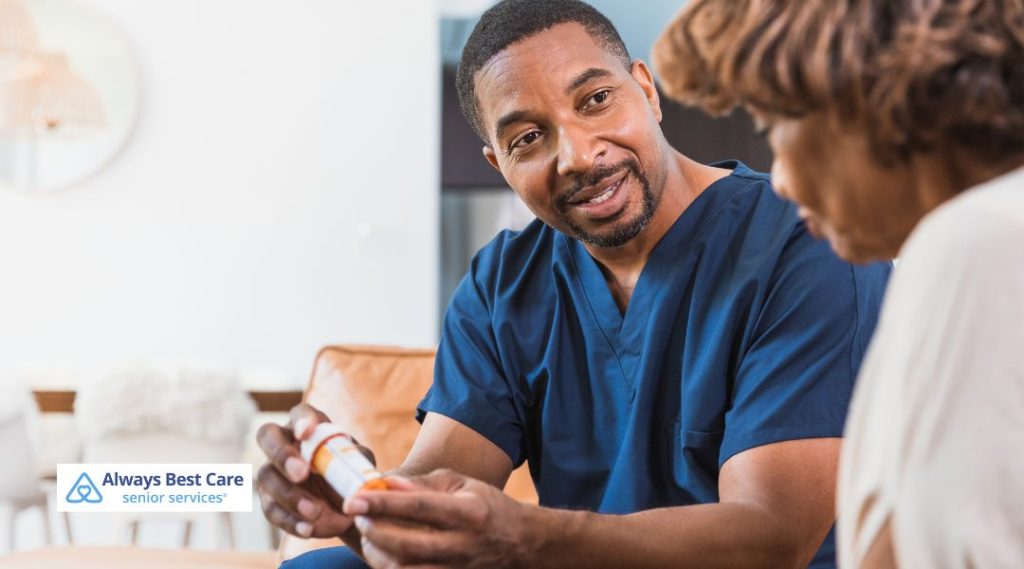
Ensuring Medication and Treatment Adherence
Following prescribed treatments and medication schedules is crucial for a full and successful recovery. Organizing medications with clearly labeled pill organizers and setting up reminders can ensure that doses are taken correctly and on time. If multiple medications are involved, coordinating with a pharmacist or healthcare provider to check for potential interactions and side effects can prevent complications. Regularly reviewing prescriptions and ensuring refills are available ahead of time can eliminate disruptions in treatment.
For seniors who may struggle with remembering their medications, having a caregiver assist with reminders and administration can provide extra peace of mind. In addition to medication management, adhering to any prescribed therapy, such as wound care, physical therapy exercises, or dietary recommendations, is equally important. Keeping a detailed recovery plan and monitoring progress can help identify any concerns early, allowing for timely adjustments to care as needed. With the right support system, seniors can remain on track with their treatment plans and focus on regaining strength and independence.
Promoting Mobility and Preventing Setbacks
Encouraging movement is a vital part of the recovery process. It helps seniors regain strength, improve circulation, and prevent complications such as muscle stiffness or bedsores. Safe, gentle exercises tailored to their condition can aid in rebuilding mobility and independence. Even small movements, such as short walks around the house or simple stretching exercises, can significantly improve flexibility and prevent physical decline.
If a physical therapist has provided an exercise routine, following it consistently ensures steady progress and reduces the risk of setbacks. Assistance from our caregivers or family member can provide the necessary support, helping seniors move safely while boosting their confidence. Ensuring that mobility aids such as walkers, canes, or grab bars are properly positioned and easily accessible further reduces the risk of falls. By promoting gradual movement while allowing plenty of time for rest and recovery, seniors can regain their independence safely and effectively.
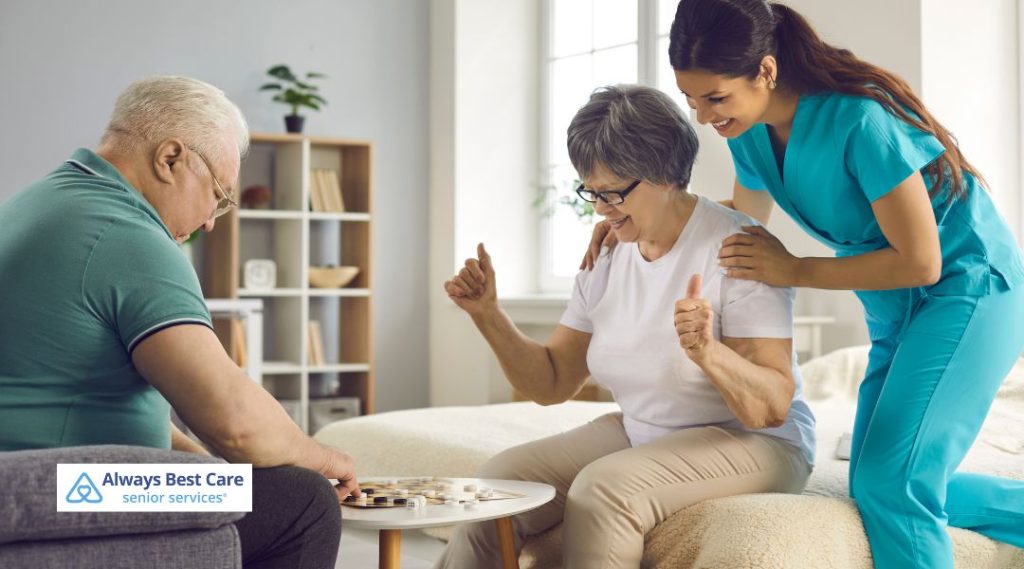
Nourishing the Body for Faster Healing
Proper nutrition plays a crucial role in the healing process, providing the body with the essential nutrients needed for recovery. A balanced diet rich in lean proteins, vitamins, and minerals supports muscle repair, boosts immunity, and helps fight infections. Hydration is just as important, as dehydration can lead to fatigue, confusion, and delayed healing. Seniors may experience changes in appetite after hospitalization, making it necessary to offer small, nutrient-dense meals throughout the day.
If dietary restrictions are in place due to medical conditions, adjusting meals accordingly ensures that clients receive the right nourishment without complications. Meal assistance from a caregiver or meal delivery services can be helpful for those who struggle with cooking or remembering to eat. A well-planned diet, encouragement, and social mealtime interactions can enhance physical recovery and overall well-being.
Emotional and Mental Well-Being During Recovery
Recovery is not just a physical journey—it also has a significant emotional and mental component. Many seniors experience feelings of anxiety, frustration, or even depression as they adjust to post-hospital life. Providing reassurance, engaging in positive conversations, and encouraging activities they enjoy can help maintain a healthy mindset. Companionship plays a key role in emotional recovery, whether through regular visits from family and friends or the presence of a compassionate caregiver.
Simple gestures such as reading together, listening to music, or reminiscing about past experiences can lift their spirits and reduce feelings of isolation. Encouraging a positive outlook and celebrating small progress milestones can make the recovery process feel less overwhelming. If deeper emotional struggles persist, seeking professional counseling or support groups can provide additional help. Addressing mental well-being is just as important as physical recovery, ensuring that seniors feel supported and motivated throughout their healing journey.

Staying Organized with Medical Follow-Ups and Check-Ins
Keeping up with medical follow-ups and check-ins is essential to monitor recovery progress and address any potential issues early on. Scheduling appointments in advance and maintaining a record of medical visits, test results, and prescriptions can streamline care and avoid missed check-ups. Having a designated family member or caregiver accompany seniors to appointments ensures that important information is communicated clearly and that all concerns are addressed.
Asking the right questions during doctor visits, such as inquiring about medication side effects, mobility recommendations, or potential warning signs, provides clarity on the recovery plan. Telehealth options can also offer convenient access to healthcare providers without the need for frequent travel. Regular communication with doctors, physical therapists, and caregivers ensures that any changes in condition are promptly managed, leading to a smoother, more effective recovery process. By staying proactive and organized, families can help their loved ones receive the best possible care and support throughout their healing journey.
In-Home Care Assistance in Shalimar
Recovering at home after hospitalization can be challenging, but with the right in-home care assistance, seniors can heal in a safe and comfortable environment. In Shalimar, our professional caregivers provide essential support tailored to the unique needs of each individual, ensuring they receive the highest level of care. Whether a loved one requires help with daily tasks, mobility assistance, or medication management, in-home care offers personalized solutions to promote a smoother recovery.
Our trained caregivers can assist with everything from meal preparation and personal hygiene to companionship and emotional support, helping seniors regain their confidence and independence. For families balancing work and caregiving responsibilities, in-home care provides much-needed peace of mind, knowing their loved one is receiving compassionate, professional care. By creating a structured and supportive routine, seniors in Shalimar can focus on healing while maintaining their quality of life in the comfort of their own homes.
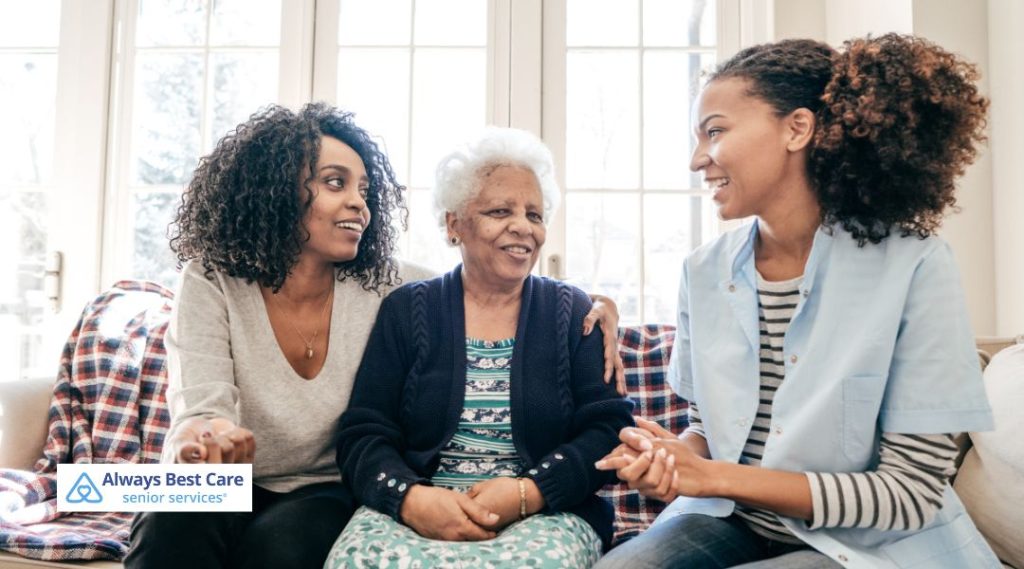
Choose Always Best Care’s Transitional In-Home Care Services!
Bringing a loved one home after a hospital stay can feel overwhelming, but Always Best Care is here to make the transition as smooth and stress-free as possible. Our transitional in-home care services provide personalized support tailored to each senior’s unique recovery needs, ensuring they receive the right level of assistance at every step.
Contact Always Best Care of Shalimar at (850) 797-8710 to schedule a care consultation and explore how we can assist with your loved one’s recovery at home. Let’s ensure they have the right support for a healthy and successful transition.


